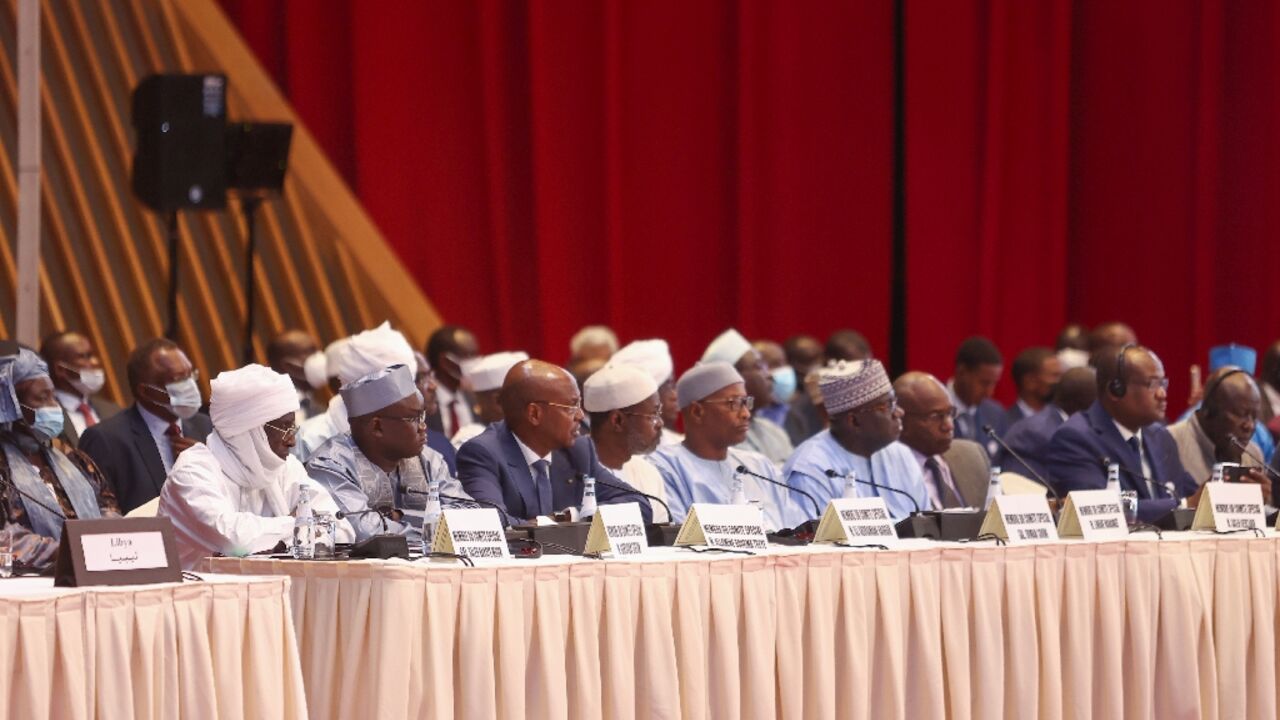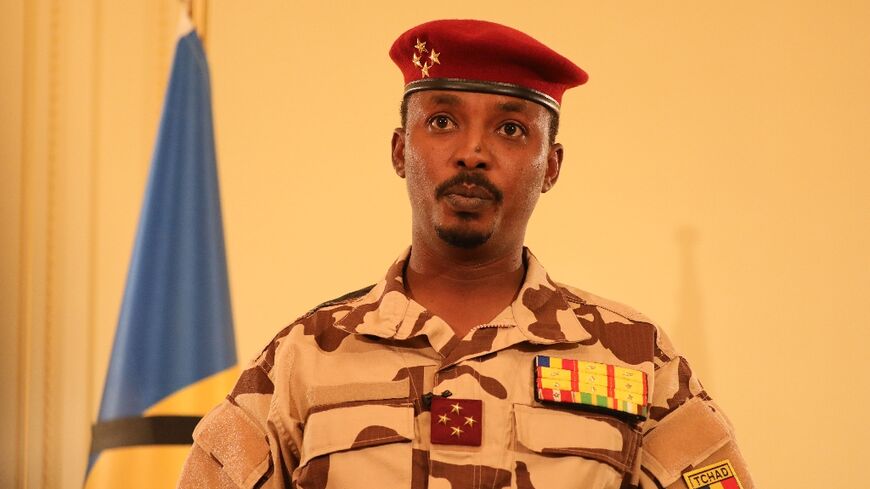Chad to delay national peace dialogue

Chad's military government has announced it is postponing the start of landmark national talks with opposition forces and rebels, as preparatory negotiations between the two sides drag out in Qatar.
The landlocked African nation was thrown into turmoil after long-time leader Idriss Deby Itno died fighting rebels last April.
His son Mahamat Idriss Deby Itno seized control but promised free elections this year.
Ahead of these, he had wanted a national dialogue to start on May 10.
Before that dialogue, the government and more than 40 opposition groups have sent delegations to Doha for preliminary talks.
But they have spent much of the time in luxury hotels and have yet to meet face-to-face, as the Qatari mediators seek to establish enough common ground for the two sides to begin full talks.
On Sunday, the Chadian Foreign Ministry said it had agreed "to postpone the inclusive national dialogue to a later date to be decided, after consultations with the relevant institutions and political actors".
Earlier, Doha had called for the postponement, saying its mediation was making "tangible" progress at "a good pace".
The national talks had already been pushed back from February.
Qatar said a new delay would "give the participating parties more time to reach a peace agreement, in preparation for the convening of the comprehensive national dialogue".
Doha had originally only wanted to host talks and was reluctant to become a full mediator.
But the foreign ministry reaffirmed Qatar's "full support for Chad's efforts in this political process, in order to achieve the aspirations of its people for peace, security and stability".
Opposition groups have accused Deby's administration of deliberately dragging out the Doha talks.
Deby, a 38-year-old general, came to power just over one year ago after his father was fatally wounded in battle.
Opposition groups are demanding that Deby rule himself out of the elections, and also want safety guarantees to allow opposition leaders, who are mostly in exile in neighbouring Libya and Sudan, as well as in Europe, to return to Chad.
Qatar has previously helped in peace efforts for Yemen, Lebanon, Sudan and between the Afghan Taliban and US government.





